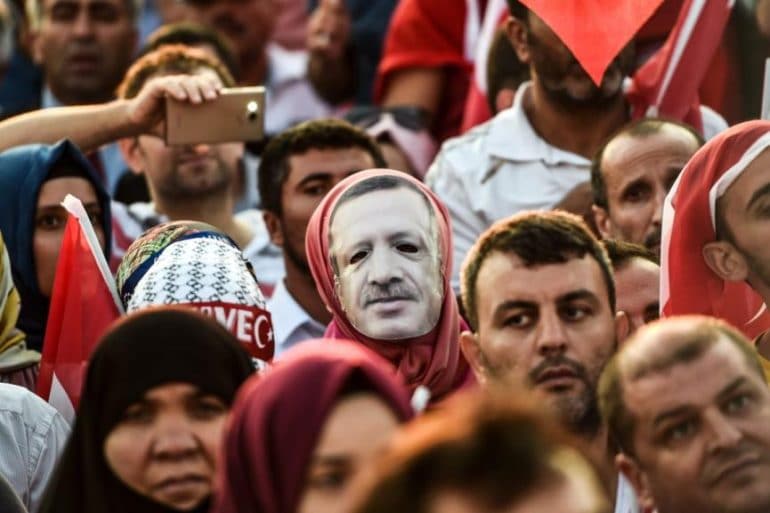Borrowing costs in Turkey are rising sharply, indicating that President Recep Tayyip Erdogan's policy of lowering interest rates is booming.
Since the central bank began lowering interest rates in September, 10-year government bond yields have climbed more than 7 percentage points, reaching a record high of 24,9% on Wednesday. The increase comes as investors worry that monetary policy will remain too loose to curb inflation approaching its highest level in a decade and eroding the value of their local currency portfolios.
Some bank lending rates, meanwhile, have soared to 35%, the Dunya newspaper reported this week, citing Rifat Hisarciklioglu, president of the Association of Chambers and Commodity Exchanges. This compares with a weighted average of about 21% before the start of the relaxation cycle, according to central bank data.
Borrowing costs skyrocketed when interest rate cuts began in September
The rapid rise in funding costs underscores the challenges Erdogan faces in putting his unconventional economic theory into practice. He believes low interest rates are restricting consumer prices and has strongly pressed policymakers to cut interest rates by 500 basis points over the past four months to 14%, saying easier policies would boost growth.
But with inflation already hovering above 21%, households and businesses are preparing for the effects of further stimulus. Depositors are demanding higher interest rates on savings accounts, and investors are expecting higher risk premiums, which could jeopardize any benefits of the central bank's lax policy.
"Turkey has abandoned its interest rate weapon and the central bank has lost control of inflation," said Ogeday Topcular, a fund manager at RAM Capital SA. The increase in borrowing costs in the market is a "natural result," he said.
The pound has lost nearly a third of its value this quarter as investors rushed to buy dollars to shield their savings. The devaluation has raised the cost of imports, which threatens to fuel further price increases. The average estimate in a Bloomberg survey predicts consumer inflation to rise by six percentage points to 27,3% year on year in December.
To help curb the currency race, Erdogan announced a series of emergency measures, including a new type of pound bank account, under which the government makes up for any currency losses in excess of the deposit rate. The central bank and government lenders have also intervened in the foreign exchange market this month, selling dollars.
"Instead of raising interest rates, the government has introduced foreign currency-linked deposits - this is a trial-and-error method," Topcular said. "The cost of trial and error can be very expensive."
The currency weakened for a fourth day on Thursday. It fell as much as 5,8% to 13,4262 per dollar, cutting a rally that pushed it from a low of 18,3633 on December 20 to a high of 10,2512 last week.
